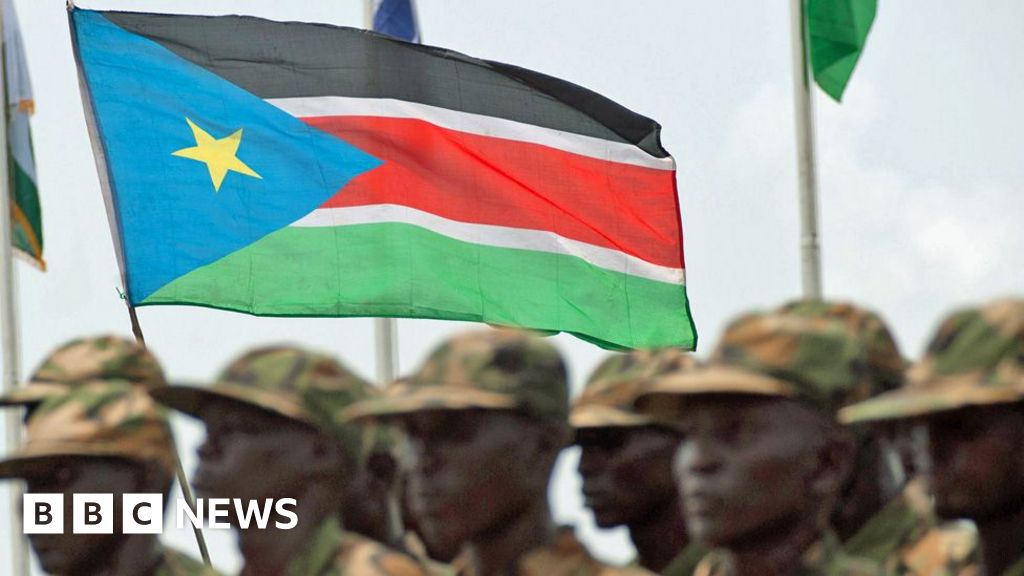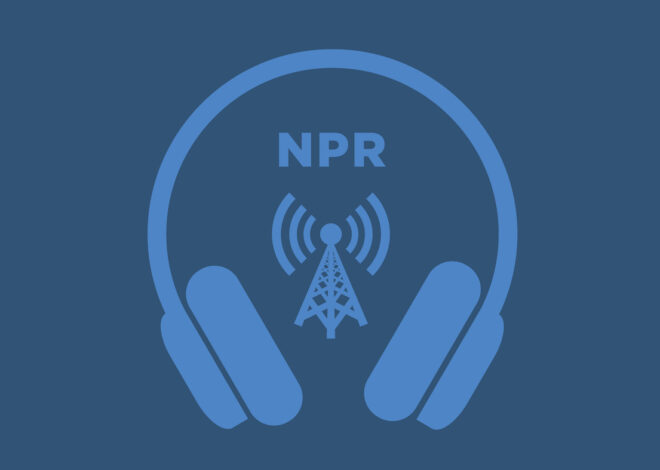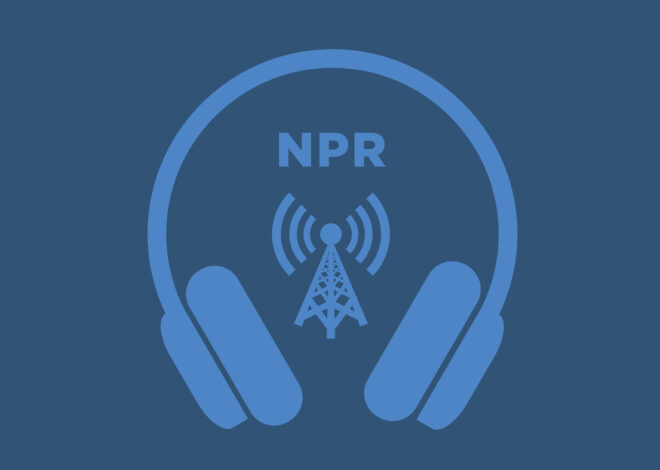
South Sudan crisis: Fears balloon of a return to civil war over Riek Machar's treason trial

Rising Tensions in South Sudan: Fears of a Return to Civil War Amid Riek Machar’s Treason Trial
The situation in South Sudan, the world’s youngest nation, has grown increasingly precarious as fears mount over a potential return to civil war. The catalyst for this escalation is the treason trial of suspended Vice-President Riek Machar, who faces serious charges including murder and crimes against humanity. His party, the Sudan People’s Liberation Movement In Opposition (SPLM-IO), has labeled these accusations a “political witch-hunt” aimed at undermining the 2018 peace agreement that ended a devastating five-year civil war.
Background of the Conflict
South Sudan gained independence from Sudan in 2011 after a prolonged struggle led by the SPLM under President Salva Kiir. However, the nascent nation quickly descended into chaos. Just two years after independence, a civil war erupted when Kiir dismissed Machar, accusing him of attempting a coup. This conflict, which largely unfolded along ethnic lines between Kiir’s Dinka and Machar’s Nuer supporters, resulted in an estimated 400,000 deaths and displaced 2.5 million people—over 20% of the population.
As part of the peace agreement, Machar was reinstated as vice-president within a unity government aimed at leading the country toward elections. However, the political landscape has remained fraught with tension and instability.
The Current Crisis
The current turmoil began in early March when the White Army militia, allied with Machar during the civil war, clashed with government forces in Upper Nile state, seizing a military base in Nasir. Shortly thereafter, a UN helicopter attempting to evacuate troops was fired upon, resulting in multiple fatalities, including a high-ranking army general. By late March, Machar and several of his associates were placed under house arrest, accused of inciting rebellion.
Oyet Nathaniel Pierino, deputy leader of the SPLM-IO, expressed grave concerns, stating, “The prospect for peace and stability in South Sudan has now been put into serious jeopardy.” In September, the government escalated tensions by charging Machar with treason, prompting his party to label Kiir’s administration a “dictatorship” and call for “regime change.” The SPLM-IO urged its supporters to “report for national service” and utilize “all means available to regain their country and sovereignty.” Despite these calls, there have been no indications of troop mobilization, which offers a glimmer of hope against an immediate outbreak of violence.
The 2018 Peace Agreement and Its Failures
While Machar’s role in the unity government was a cornerstone of the 2018 peace deal, many other aspects of this agreement remain unfulfilled. A significant point of contention is the security arrangement, which was supposed to unify former rebel forces and government troops into a national army of 83,000 soldiers. However, the disarmament and demobilization of remaining militias have not occurred, leaving various armed groups aligned with different political factions.
Additionally, the establishment of a court to prosecute those responsible for the violence has yet to be realized, primarily due to reluctance from high-ranking officials who fear prosecution. Elections that were slated for 2022 have been postponed multiple times, further complicating the political landscape and fueling discontent.
Corruption and Its Impact
A recent report by the United Nations Commission on Human Rights in South Sudan has accused the political elite of embezzling billions from oil revenues, leaving millions without basic services. The report, titled “Plundering a Nation: How Rampant Corruption Unleashed a Human Rights Crisis in South Sudan,” indicates that since independence, the government has collected over $25.2 billion in oil revenues, much of which has been misappropriated. Yasmin Sooka, chair of the commission, emphasized that corruption has become the “engine of South Sudan’s decline,” with essential funds for healthcare and education disappearing through opaque dealings.
Justice Minister Joseph Geng Akech dismissed the report’s findings, attributing South Sudan’s economic troubles to conflict, climate change, and declining oil sales.
The Struggle Between Machar and Kiir
Riek Machar and Salva Kiir, both in their 70s, have a complex history that has been marred by ethnic divisions and political rivalry. Machar, who was once an ally of Kiir within the SPLM, has accused him of dictatorship following his dismissal in 2013. The repeated delays in elections have only exacerbated tensions, as Machar’s aspirations for the presidency grow amid fears that Kiir intends to remain in power indefinitely.
The Path Forward
In March, Nicholas Haysom, head of the UN mission in South Sudan, warned that the nation is “teetering on the brink of a return to full-scale civil war,” a scenario that would have devastating consequences given the country’s recent history. Analysts have raised concerns about the potential for “proxy warfare in the region,” particularly as numerous armed groups appear to be preparing for military engagement.
Adding to the instability, the ongoing conflict in neighboring Sudan has further complicated the situation. Ugandan troops have been deployed to South Sudan under a longstanding agreement to support the government, with additional troops recently spotted entering Juba.
As Riek Machar prepares for his trial, no date has been set, but his meeting with lawyers suggests he is gearing up for a legal battle. The outcome of this trial and the government’s response could significantly influence the future of South Sudan and its ongoing struggle for peace and stability.
Key Facts
– South Sudan is the world’s youngest nation, gaining independence from Sudan in 2011.
– A civil war erupted in 2013 following the dismissal of Vice-President Riek Machar by President Salva Kiir.
– Machar is currently under house arrest and faces charges including murder and treason.
– The SPLM-IO has denounced the charges as a political maneuver to undermine the 2018 peace agreement.
– A UN report has accused South Sudan’s political elite of embezzling billions from oil revenues, worsening the humanitarian crisis.
– The peace agreement’s provisions, including the unification of armed forces and the establishment of a court for war crimes, remain unfulfilled.
– Concerns grow over the potential for renewed civil conflict as tensions escalate between Kiir’s government and Machar’s supporters.
Source: www.bbc.com


